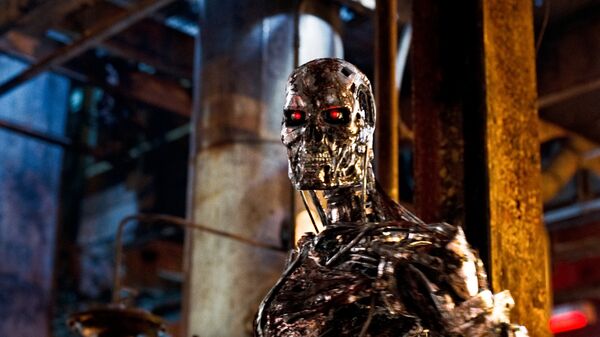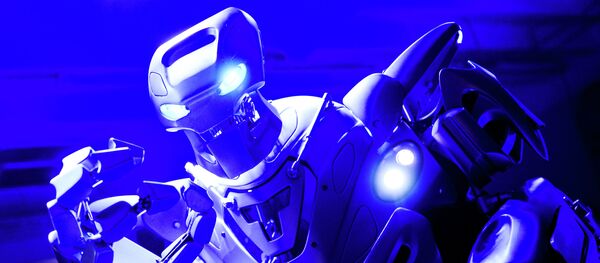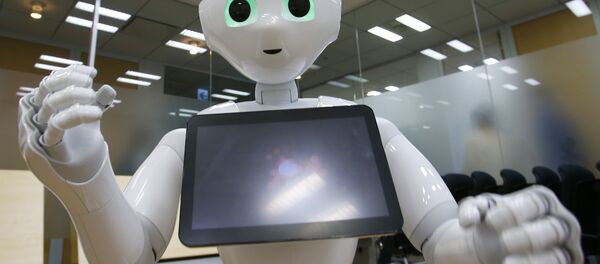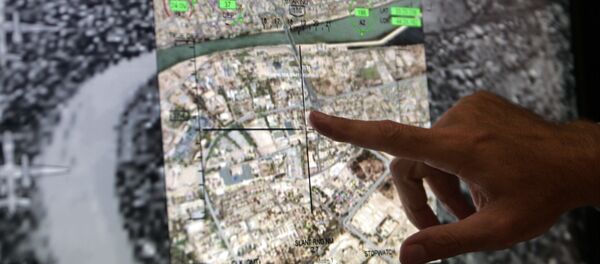Artificial intelligence experts speculate that in the not-so-distant future people will replace dead relatives with cloned robots installed with downloaded variants of that person’s brain.
Vermont’s Tersem Movement Foundation, a research institute whose stated mission is to “transfer human consciousness to computers and robots,” is leading the charge to doppelganger replacements for the everyman.
Foundation director Bruce Duncan suggests that the concept is neither disturbing nor altogether unusual. “It’s like when people stuff a pet cat or dog. We don’t stuff humans, but this is a way of ‘stuffing’ their information, their personality and mannerisms.”
His firm has begun efforts to “stuff” cyber analogs of dead relatives. Since 2010, Terasem has created thousands of highly detailed “mind clones,” logging the memories, values and attitudes of specific people. Their first and most highly publicized clone was Bina48, one of the world’s most socially advanced robots, built as a replica of founder Martine Rothblatt’s transgender wife.
The creation of Bina48 was spearheaded by Rothblatt, who is also transgender and the highest paid female CEO in America. She created Bina48 by installing a “mind file” of her wife Bina Aspen into a robot designed to resemble her. Bina48’s mind file was created from 100 hours of audio data recorded by Aspen about her memories and beliefs.
Like Aspen, Bina 48 also has mocha-colored skin (made of specialized rubber), loves flowers, and has a self-deprecating sense of humor. Unlike her source human, however, Bina48 suffers major glitches in social settings.
Terasem remains optimistic in their research and development efforts. Duncan speculates that more advanced robots like Bina48, including replications of dead loved ones, could hit the market within 10 to 20 years for the equivalent of roughly $25,000 to $30,000 in today’s dollars.
Terasem is not alone in anticipating a burgeoning market for robotic replacement clones.
Last year, tech giant Google filed patent papers for a product that replicates a human personality, including a “deceased love one” or a “celebrity,” per a company filing. The company updated their patent filing in mid-February, indicating an intention to move forward with the program.
While ethicists contend that the innate spirituality of the human condition cannot be duplicated scientifically, researchers at Terasem and Google intend to push the boundaries of consciousness, and make a profit, if possible.





